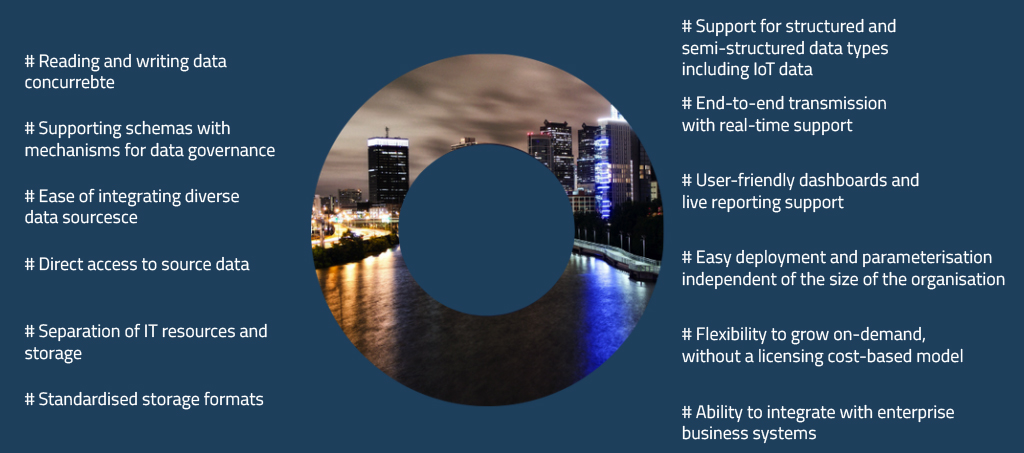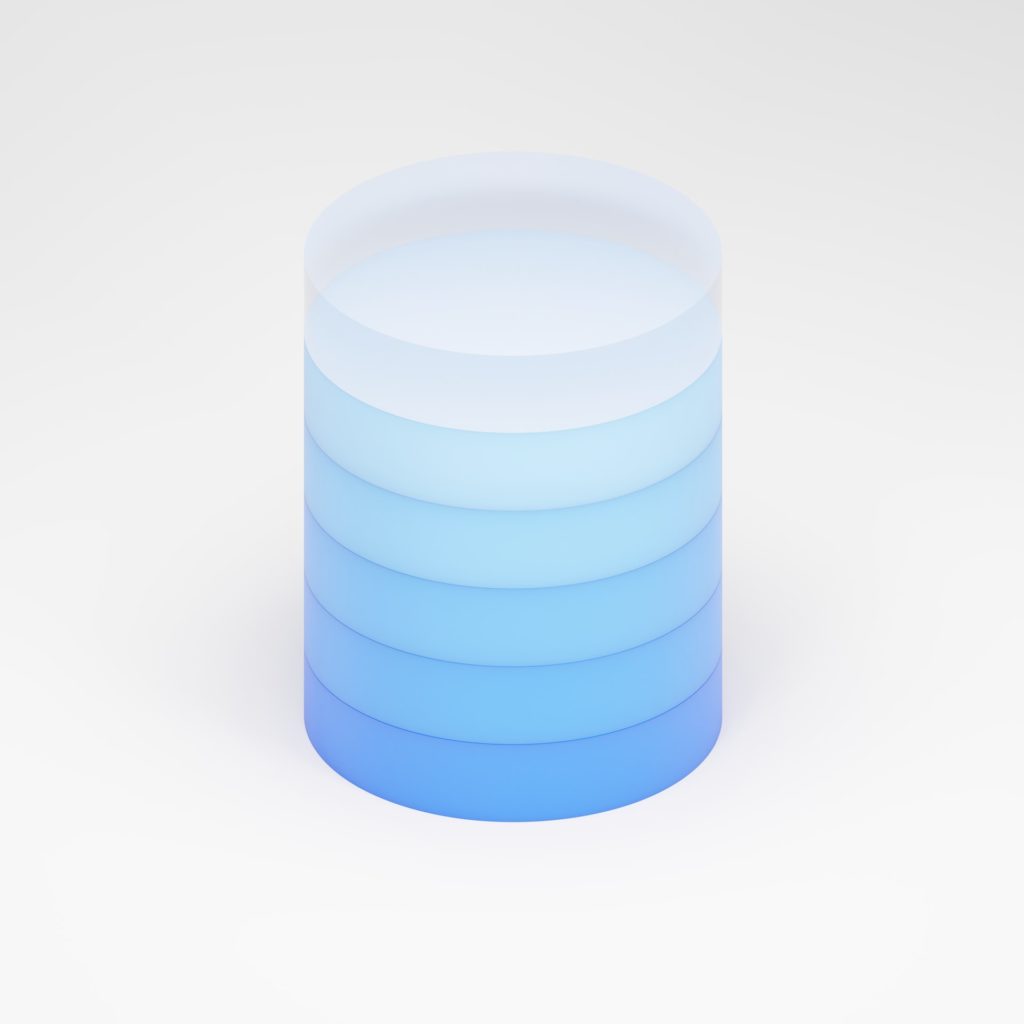Data Lake vs Data Warehouse. What makes them different?

Exploiting the power of data
Data lake technology was born in response to an unstoppable global trend: data has become the gold of business.
It gives the possibility to analyse the past, to obtain new knowledge, but also to predict and plan for the future.
In other words, it gives the opportunity to have a competitive advantage over what is yet to come. But in order to access this advantage, data must first be collected, managed and processed. And from more and more different sources.
Hence, Big Data and analytics technologies based on artificial intelligence, which allow the full power of the cloud to be applied, are now more than ever focused on eliminating data silos, and achieving a much more lively management model.
And with all of this, extracting business knowledge, making your organization more competitive and growing without limits.
It is in this context that the concept of the data lake arises.

Data lake vs. data warehouse
Data warehouses democratized data in organizations.
They centralized it in a single platform and provided business analysts with data visualization and exploitation tools, such as PowerBI and others.
Organisations have used data warehousing to store and integrate data collected from internal sources. Typically, transactional databases, including marketing, sales, production and finance.
But if an organisation is capturing large amounts of data from more and more sources internal and external to the organisation such as online services, even IoT devices?
A Modern Data Warehouse won’t be enough either.
The current changes are forcing organizations to easily access data, exploit it, generate live reports and obtain key business insights.
This is where a data warehouse vs. data lake loses out.
If an organization wants to empower itself based on its business data, it needs to know what a data lake is. And make good use of this big data technology.
What does data lake really mean?
Intelligent data lake is a platform that aims to bring together under the same umbrella the different ways of interacting and doing analytics with data. In doing so, it offers clients the possibility of exploiting their data, regardless of its nature, origin or format.
An example of this technology is Microsoft’s Azure Data Lake, whose application is described in this article.
What does it solve?

What are the benefits?
- Cost-effective data warehousing, due to its cloud approach.
- Support for creating models, either to classify elements or predict trends, beyond just reporting.
- Easy scalability, as it is natively designed in this way.
- Unified security management.
- Less time and effort administering.
- Simplified schema and data governance.
- Reduced redundancy and data movement.
- Direct data access for analysis tools.
In short, a Data Lake is a more modern technology that brings substantial benefits over a Data Warehouse.




